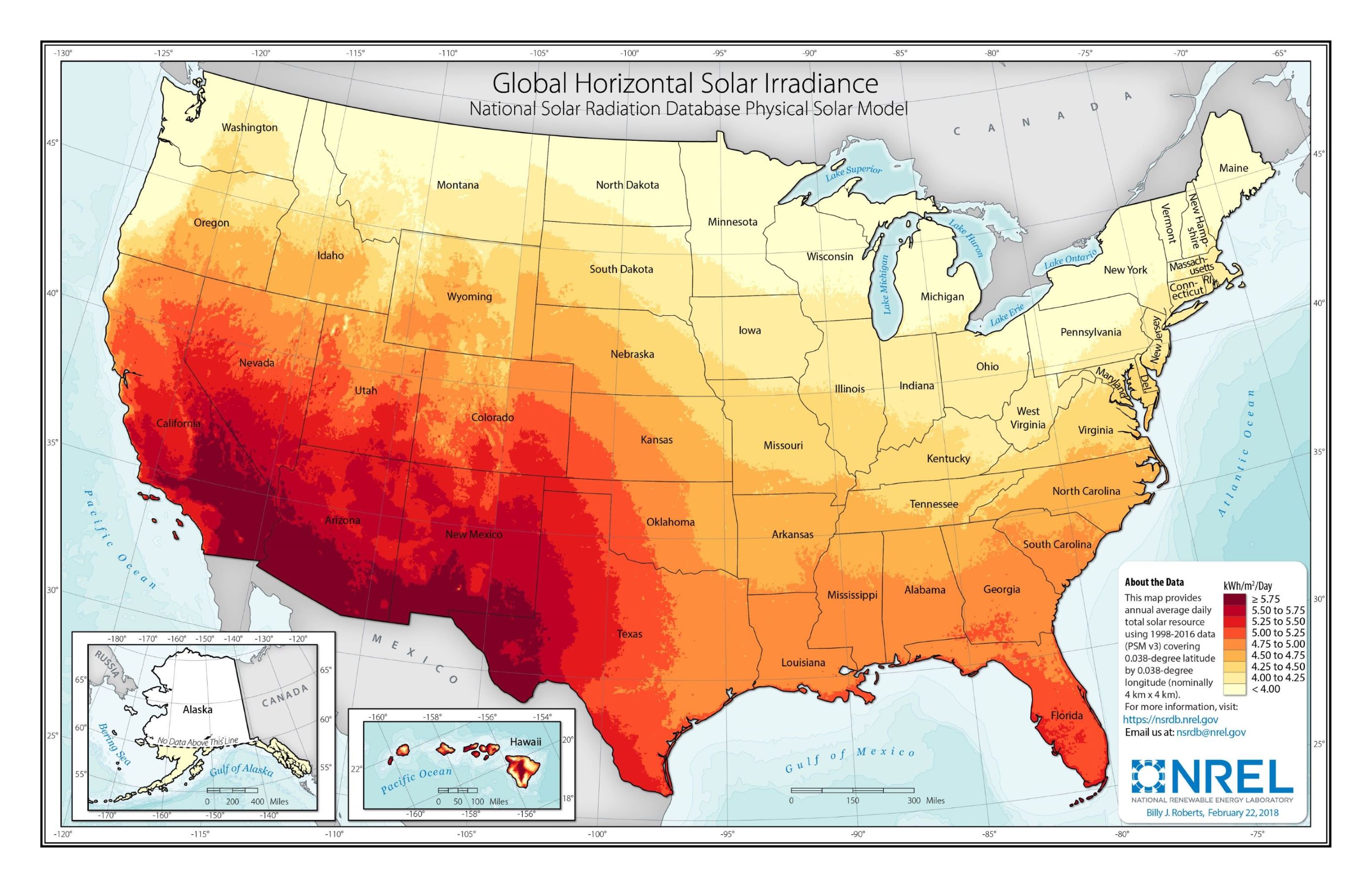Sunbathing 101- Solar Panel Placement
Qualifying your home for solar panel installation is like planning the perfect day of sunbathing. Both tasks require a keen understanding of the sun's position and the optimal times to catch its rays.

Qualifying your home for solar panel installation is like planning the perfect day of sunbathing. Both tasks require a keen understanding of the sun's position and the optimal times to catch its rays.
Understanding solar energy might seem as daunting as mastering texting on a flip phone, but with patience and perseverance, you can unlock its full potential.
Net metering can be a fruitful endeavor, much like owning a tree that produces a bountiful harvest. It allows you to offset the cost of the power you draw from the grid, reducing your monthly electricity bills.
Stepping into the realm of solar energy with a well-crafted offset strategy allows you to gradually transition to a greener, more sustainable lifestyle.
Solar energy offers a sustainable way to power your home while also being a financially smart investment. With the 30% Solar Tax Credit, the initial costs are more manageable, making it an attractive option for homeowners.
The average ROI for solar installations is around $1,000 a year. Your savings can vary based on factors like local solar incentives, the quality of your solar installation deal, and whether you have a home energy storage system. Be cautious when choosing a solar provider, as not all offer equally good deals.
Yes, you can store solar energy for later use, thanks to modern battery technologies that have become more efficient and affordable, partly due to the Inflation Reduction Act. These home energy storage systems enable you to use stored electricity during nighttime, cloudy days, or peak hours if you're subject to time-variable pricing.
Net metering is a billing arrangement that allows you to sell excess electricity generated by your solar panels back to the grid. This can significantly enhance the financial benefits of your solar installation. However, net-metering policies can vary by location, so it's important to understand your local regulations for maximum benefit.
Determining if your home is suitable for solar panels involves several factors. These include the direction your roof faces, the amount of shading, and local weather conditions. A south-facing roof with minimal shading is often ideal. However, these are just starting points. You'll have to research and develop a solar offset strategy to fully determine.